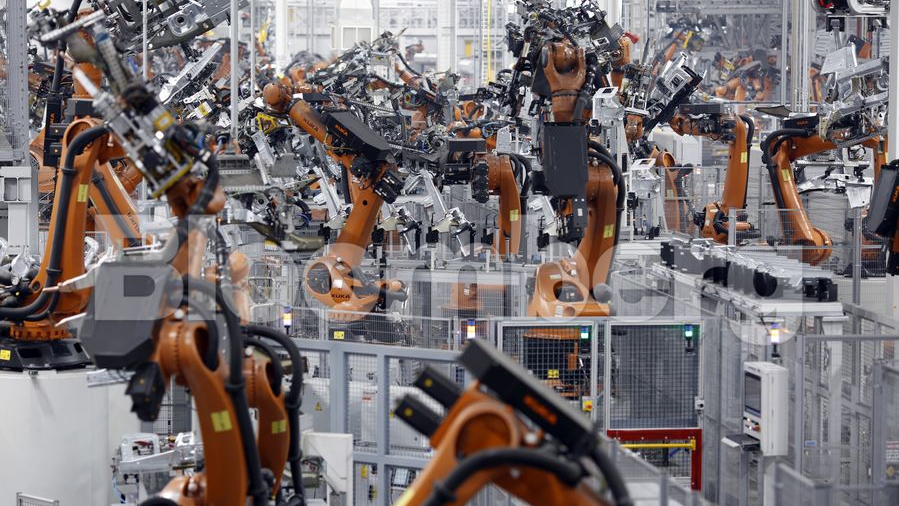The global semiconductor shortage, which has bogged down the car industry for almost two years, is showing signs of easing, at least for the time being.After months of crippling maintenance disruptions, Mercedes-Benz, Daimler Truck Holding, and BMW are among the carmakers now receiving enough high-tech components to produce at full speed.The breakthrough comes sooner than the companies expected and marks a remarkable moment for an industry that is struggling in the face of a weakened economy and inflation while also surviving a pivotal shift to electric-vehicle development.Manufacturers are applauding the chips-supply increase but aren’t declaring victory yet.
He said that supply challenges arise here and there, but that is nothing to compare to what it was like last year.As demand for cars increased, carmakers had to curb production because plants around the world could not produce enough chips for the increasingly computerized vehicles.The disruptions have been so severe that global passenger car production has yet to show any signs of regaining to pre-pandemic levels.The fact that the chips are now available in supermarkets has stifled the economy’s outlook and inflation, reducing demand for consumer electronics that use the components.
Radstrom said it’s not perfect, but it’s better than last year.BMW expressed similar optimism, saying that plants are up and running and that the company isn’t seeing any disruptions as a result of chip shortages.Volkswagen is also seeing steady deliveries, which is expected to release the logjam in the second half of 2022, according to others.

